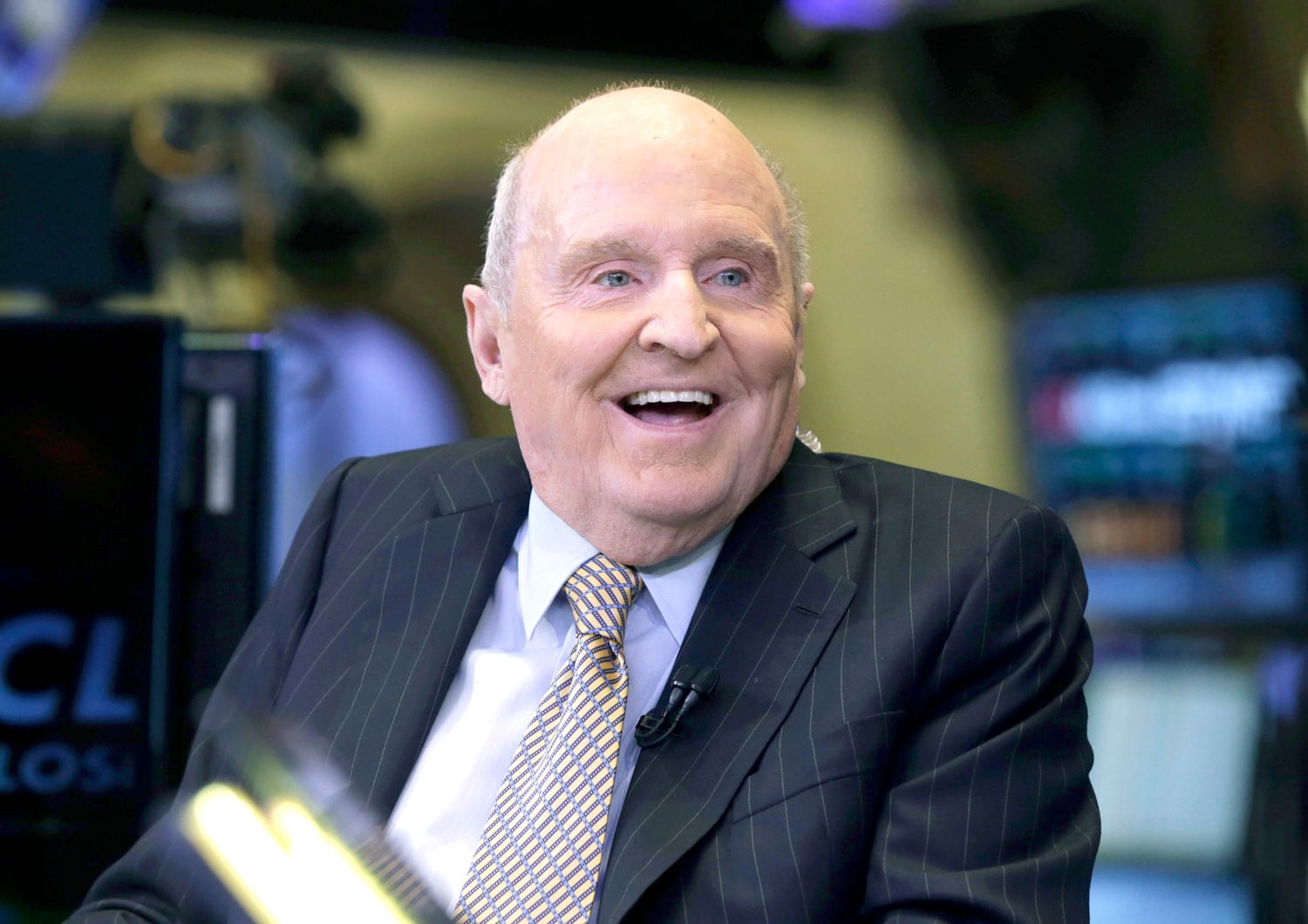BOSTON — John F. “Jack” Welch Jr., the frank-talking corporate guru who led General Electric, including its River Works aviation plant, to become the world’s most valuable corporation in the late 1990s, is dead at the age of 84.
His death was confirmed Monday in a statement issued by GE Chairman and CEO H. Lawrence Culp Jr.:
“Today is a sad day for the entire GE family. Jack was larger than life and the heart of GE for half a century. He reshaped the face of our company and the business world. Jack was a strong and constant influence throughout my career despite never having worked directly for him.”
Born Nov. 19, 1935, as the only child of an Irish working-class family in Salem, Welch graduated from the University of Massachusetts-Amherst in 1957 with a bachelor’s degree in chemical engineering. He later obtained master’s and doctoral degrees in chemical engineering from the University of Illinois, finishing in 1960.
Welch joined GE that year as a junior engineer in Pittsfield.
He rose through the ranks, and built GE’s plastics business into one of the company’s fastest growing business units. He became a senior vice president in 1977, and vice chairman in 1979.
Welch transformed the company from a maker of appliances and light bulbs into an industrial and financial services powerhouse. During his tenure, GE’s revenue grew nearly fivefold, and the firm’s market capitalization increased 30-fold.
Famous for not pulling verbal punches, Welch wrote books, including, “Jack: Straight from the Gut.” In the 2001 book he criticized himself for being too cautious with some of the decisions he made as CEO. He also praised his mother, Grace, for inspiring him.
“And many of my basic management beliefs — things like competing hard to win, facing reality, motivating people by alternately hugging and kicking them, setting stretch goals, and relentlessly following up on people to make sure things get done — can be traced to her as well,” he wrote in “Jack.”
Welch became one of the nation’s most well-known and highly regarded corporate leaders during his two decades as GE’s chairman and chief executive, from 1981 to 2001. He personified the so-called “cult of the CEO” during the late-1990s boom, when GE’s soaring stock price made it the most valuable company in the world.
Welch’s results-driven management approach and hands-on style were credited with helping GE turn a financial corner, although some of the success came at the expense of thousands of employees who lost their jobs in Welch’s relentless efforts to cut costs and rid GE of unprofitable businesses.
Business success and outspokenness brought him wide fame.
In 1999, Fortune magazine named Welch as its “Manager of the Century.”
Retirement did not dampen Welch’s interest in GE. In his remembrance of Welch Monday, Culp stated, “When I last saw him, what I remember most vividly was when he asked me, ‘So how exactly are you running the company?’ Jack was still in it — committed to GE’s success. And to have Jack Welch ask me how I am running GE is pretty humbling.
He will be deeply missed by me and the entire GE team. And we’ll continue to honor his legacy by doing exactly what Jack would want us to do: win.
We extend our thoughts and sympathies to Suzy and his family during this time.”
Welch did not shirk criticism, including tough talk from rank-and-file employees like Robert F. Dow of Lynn who wrote Welch a scathing letter in 1989, blasting the CEO for being “incompassionate, egotistical (and) diabolical…”
The lambasting earned a retort from Welch, who wrote Dow: “I received your incredible note. I hope your feelings are not representative of the entire Lynn workforce. Best regards, Jack Welch.” Dow thanked Welch for his reply and invited him to visit the River Works.
Post-retirement, Welch became a senior advisor with private equity firm Clayton, Dubilier & Rice in 2001. He also taught a course on business leadership at MIT’s Sloan School of Management in 2006. In 2009, Welch founded the Jack Welch Management Institute, an online MBA program that is now part of Strayer University.
Welch, who wrote in “Jack” that he was too slow in embracing the internet, became active on Twitter, where he opined on everything from politics to business to sports and had 1.4 million followers.
Some of those opinions generated controversy.
He questioned a monthly jobs report in October 2012 that showed the unemployment rate had fallen below 8 percent for the first time in three and a half years. The report came two days after President Barack Obama had performed poorly in his first debate with Republican candidate Mitt Romney and a month before the election.
He is survived by his third wife, Suzy Welch, and four children from his first marriage.
Material from the Associated Press was used in this story.

